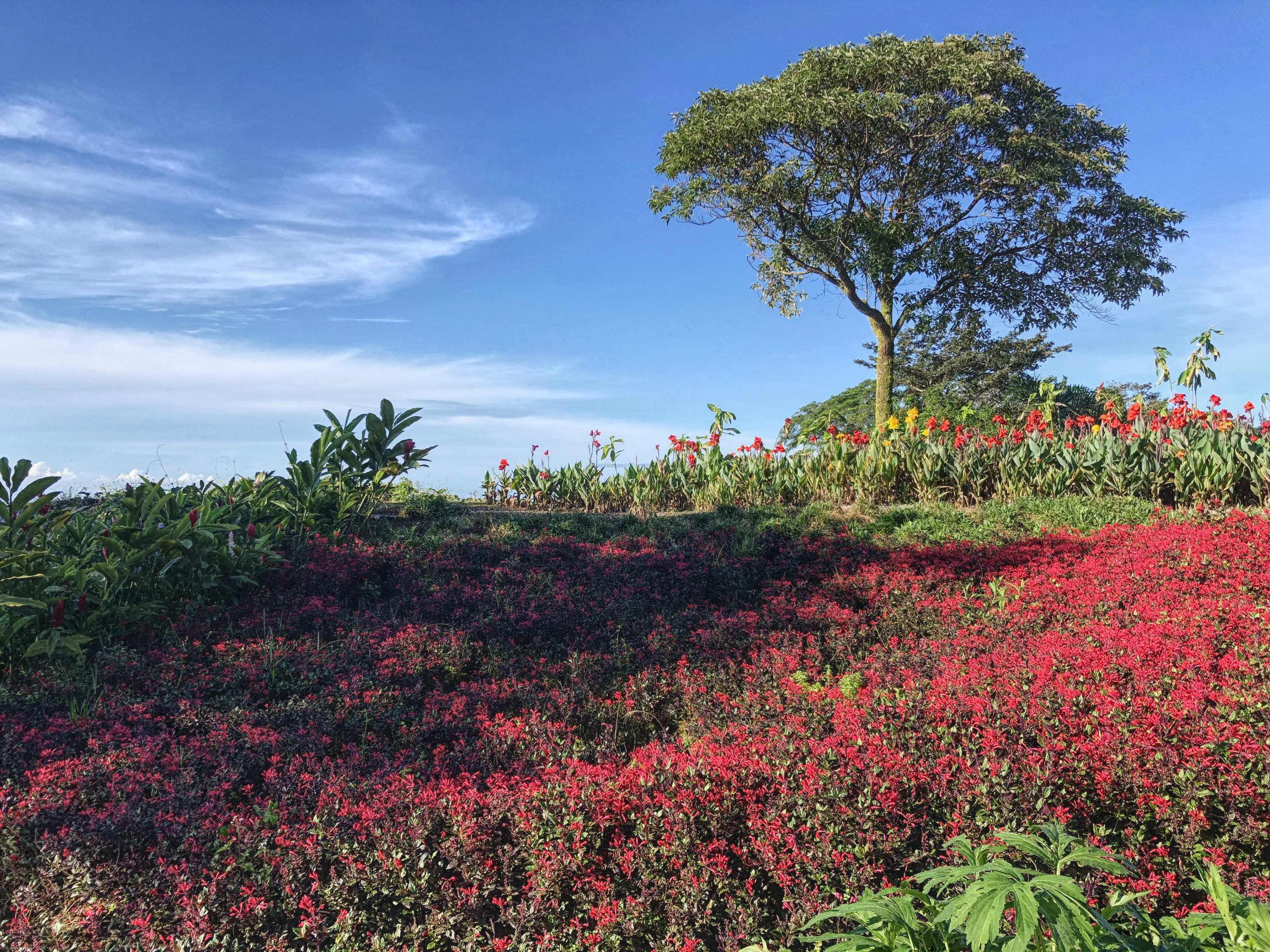
Get Quality, Affordable Health Care in Panama
Panama offers high quality health care and modern hospitals in the metropolitan areas. For example, the Johns Hopkins-affiliated Punta Pacifica Hospital is the most technologically advanced medical center in Latin America. In the city of David, in the Chiriquí Province in the western region of Panama, there are two medical centers with modern facilities, and growing towns like Boquete, Chiriqui, and Coronado, and Province of Panama have new medical centers scheduled to open in the next year. Many Panamanian doctors are U.S.-trained, and the standards at the top city hospitals compare very favorably with those in the U.S., Canada, and Europe. Private health insurance is available and much less expensive than insurance in the U.S. (because doctor’s fees and hospital visits are much cheaper). Two more reasons why health insurance here is so affordable: 1) malpractice insurance is very low because the laws do not allow for frivolous lawsuits; and 2) the average income is around $400 a month, and many Panamanians, particularly those employed in informal sectors, pay for health care out-of-pocket (salaried employees have access to a wide network of social security hospitals). Prices for prescription drugs are low as well, because manufacturers price them for the market. Plus, some drugs that require a prescription elsewhere are available over the counter in Panama.